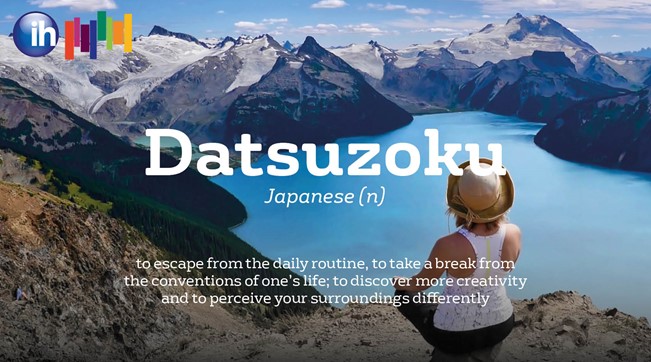Grief and loss can involve more than the human species. In this story Let’s Talk About Reef Grief, Marta Zaraska (Discover Magazine, May 2021) shares her concerns about loss as it relates to nature and the earth.
Scientists already have several terms for what she is experiencing. Some call it climate anxiety. Others call it pre-traumatic stress disorder or solastalgia – distress over seeing the natural environment negatively transformed.
One thing is clear; worry and fear surrounding global warming is sharply increasing, taking a toll on many.
Through various studies scientists have found that some people ‘are deeply affected by feelings of loss, helplessness and frustration due to their inability to feel like they are making a difference in stopping climate change.’
Scientists have also found that there is almost zero correlation between ecological worry and general anxiety or any specific personality traits. Susan Clayton, environmental psychologist at the College of Wooster in Ohio, compares it to anxiety felt before a job interview – it makes perfect sense, simply because there are plenty of real reasons to worry.
Getting beyond the gloom of impending doom can be a challenge.
So how do climate researchers cope? They often use dark humour and develop a thick skin to keep going. They also play up the positives – focusing on the meaning they get from their jobs, being part of a community and their love for science.
Neville Ellis, environmental scientist at University of Western Australia investigated ecological grief among farmers in rural Australia and Inuit communities in Canada. He discovered that eco-grief often comes in three varieties: grief over physical losses (like flood devastation or deforestation), grief associated with loss of identity, and grief over anticipated future ecological losses.
“People might feel the grief but it’s not legitimized in society”, Ellis says.
There are no monuments for the Amazon forest, no last rites for extinct species.
Picture: Clearing trees for a Palm Oil plantation in Malaysia.
Coming together is important and talking to like-minded people. Having mourning rituals as they did in Iceland in 2019 when the community came together for a funeral for a melted glacier.
Other ideas are to: write letters to decision-makers; engage in the community to make it more climate-friendly; express your emotions; take pleasure in nature; focus on your own health and engage in wishful thinking – hoping that things will somehow work out.
And we need role models for how to talk about our climate worries and how to deal with them. ‘We also need to start discussing these issues openly, admitting our fears without shame. We should do it together, almost like group therapy. So, I’ll go first: Hello, my name is Marta, and I have climate anxiety. I’m scared about the future of our planet. I’m grieving.’
Read the full story at: Let’s Talk About Reef Grief



